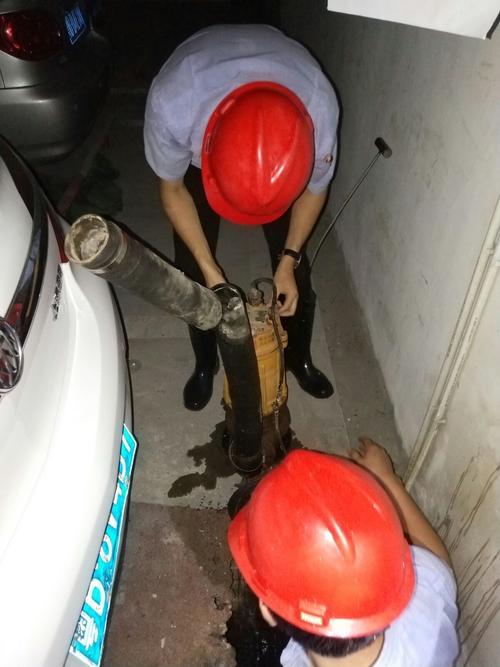Title: Comprehensive Guide to Water Pipe Maintenance in Suzhou New District
Maintaining water pipes in Suzhou New District is crucial for ensuring a steady supply of clean water to residents, preventing costly repairs, and preserving the infrastructure. Proper maintenance can extend the lifespan of water pipes and reduce the risk of leaks, bursts, and contamination. Here's a comprehensive guide to water pipe maintenance in Suzhou New District:
1. Regular Inspections:
Frequency:
Conduct visual inspections quarterly and comprehensive inspections annually.
Tasks:
Visual Inspections:
Look for signs of corrosion, leaks, or damage on exposed pipes.
Comprehensive Inspections:
Use advanced tools like CCTV cameras to inspect the interior of pipes for blockages, corrosion, or structural issues.
Benefits:
Early detection of problems allows for timely repairs, preventing major issues from occurring.
2. Leak Detection:
Methods:
Acoustic Sensors:
Detect leaks by listening for abnormal sounds in the pipes.
Pressure Testing:
Assess the integrity of pipes by monitoring pressure levels.

Thermal Imaging:
Identify leaks by detecting temperature variations along the pipeline.
Importance:
Promptly repairing leaks conserves water, reduces water bills, and prevents damage to property and infrastructure.
3. Corrosion Control:
Preventive Measures:
Cathodic Protection:
Install sacrificial anodes or impressed current systems to protect pipes from corrosion.
Coating:
Apply protective coatings to pipes to prevent corrosion caused by chemical reactions.
Benefits:
Extends the lifespan of pipes and minimizes the risk of leaks and bursts due to corrosion.
4. Pipe Cleaning:
Methods:
Hydro Jetting:
Use highpressure water jets to remove debris, sediment, and mineral deposits from the interior of pipes.
Chemical Cleaning:
Apply specialized chemicals to dissolve scale and buildup inside pipes.
Frequency:
Schedule pipe cleaning as part of routine maintenance or as needed based on inspection results.
Advantages:
Improves water flow, reduces the risk of blockages, and maintains water quality.
5. Emergency Response Plan:
Components:
Emergency Contact Information:
Maintain a list of contacts for water utility services, repair contractors, and relevant authorities.
Response Procedures:
Establish protocols for responding to leaks, bursts, and other emergencies, including shutting off water supply valves and evacuating affected areas if necessary.
Training:
Ensure staff are trained in emergency response procedures to minimize damage and ensure public safety.
6. Community Engagement:
Awareness Campaigns:
Educate residents about the importance of water conservation, leak detection, and reporting.
Reporting Mechanisms:
Establish channels for residents to report leaks, unusual water discoloration, or other issues promptly.
Collaboration:
Work with community leaders and organizations to promote water conservation and responsible water usage practices.
7. Infrastructure Upgrades:
Investment:
Allocate funds for upgrading aging infrastructure, replacing old pipes with more durable materials, and expanding the water distribution network to accommodate growth.
Modernization:
Implement smart technologies such as leak detection sensors and remote monitoring systems to improve efficiency and reduce maintenance costs.
By implementing these proactive measures, Suzhou New District can ensure the reliability, safety, and sustainability of its water supply infrastructure for years to come.
This guide provides a roadmap for effective water pipe maintenance in Suzhou New District, emphasizing preventive strategies, proactive monitoring, and community engagement. Adhering to these practices will help mitigate risks, minimize disruptions, and safeguard the quality of water services for residents and businesses alike.
